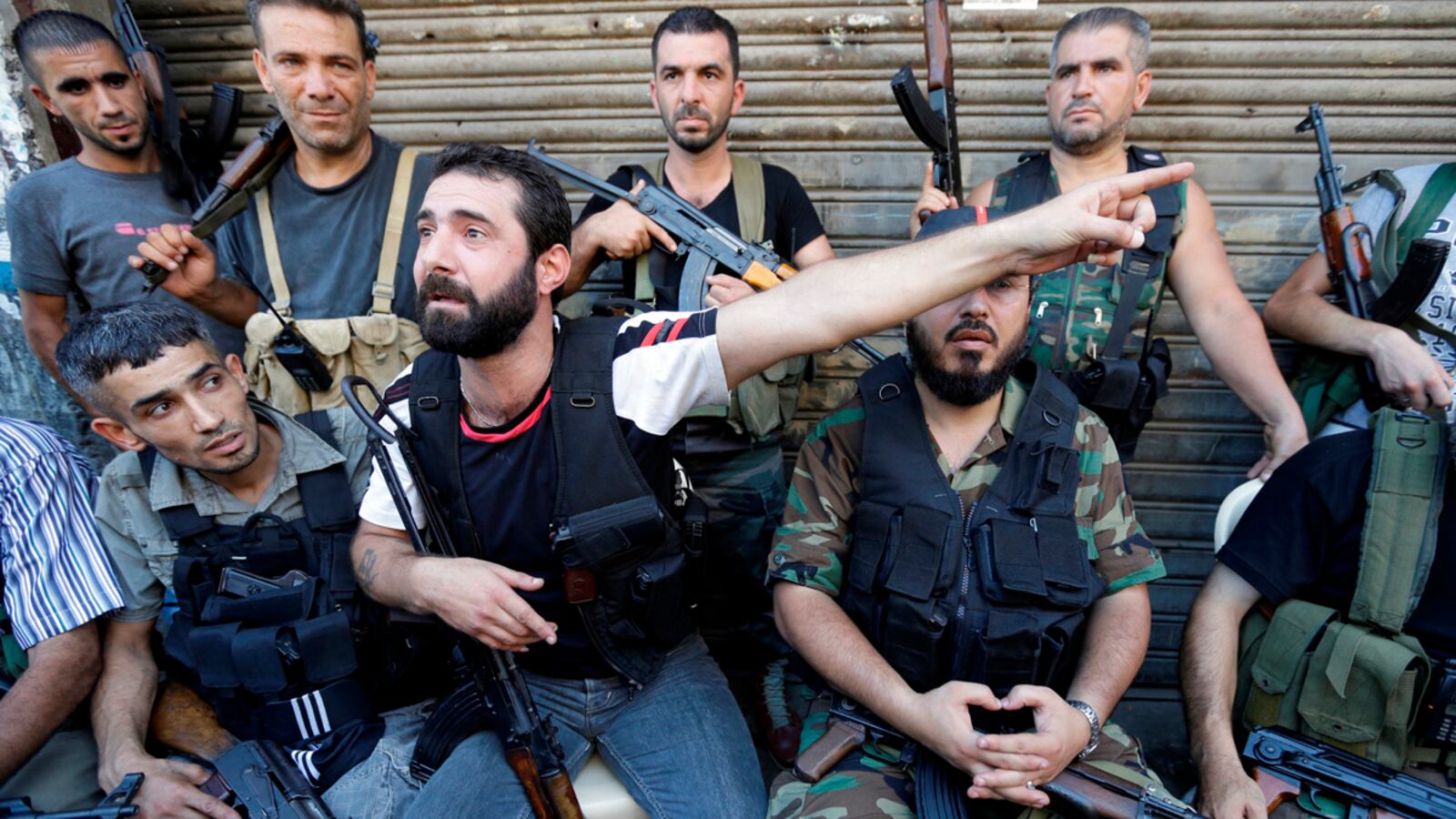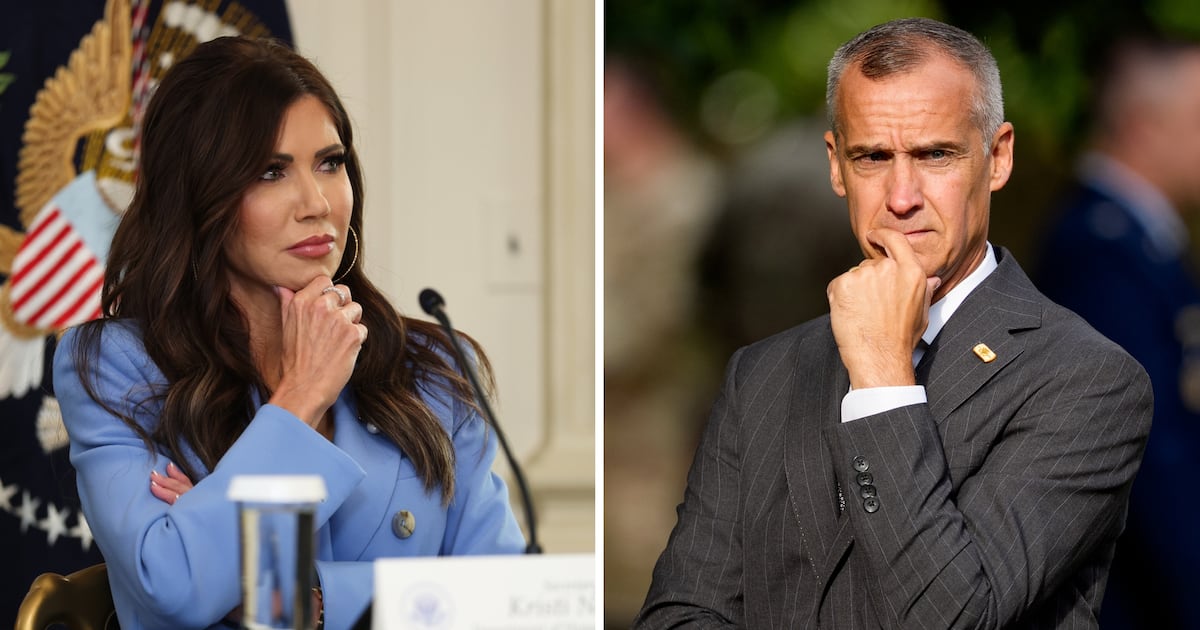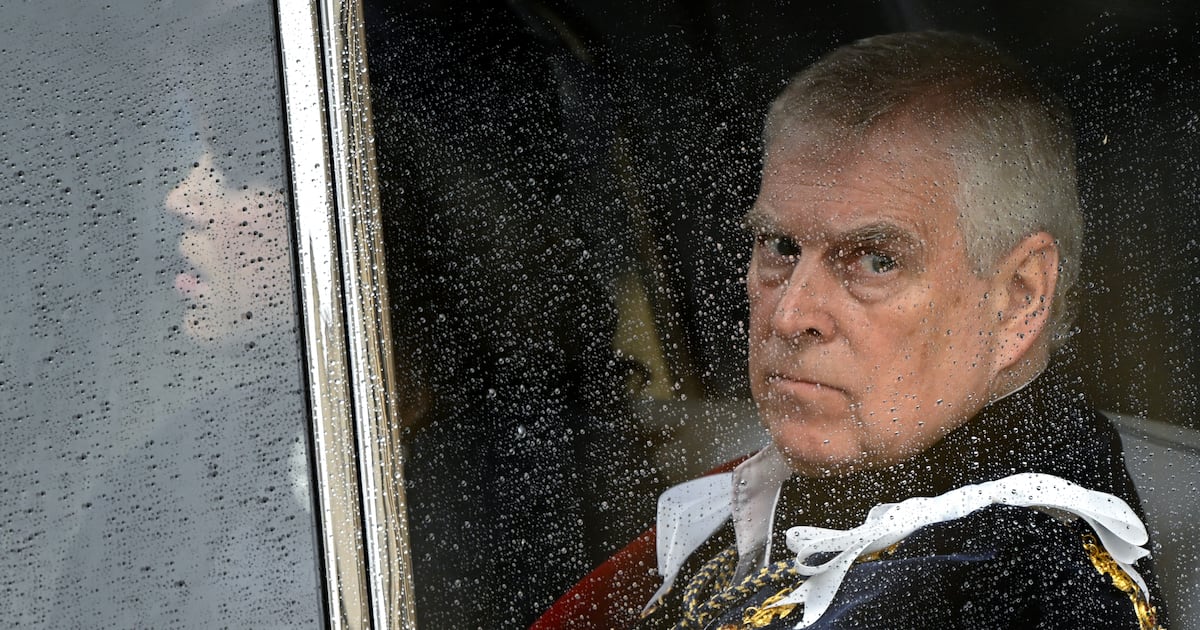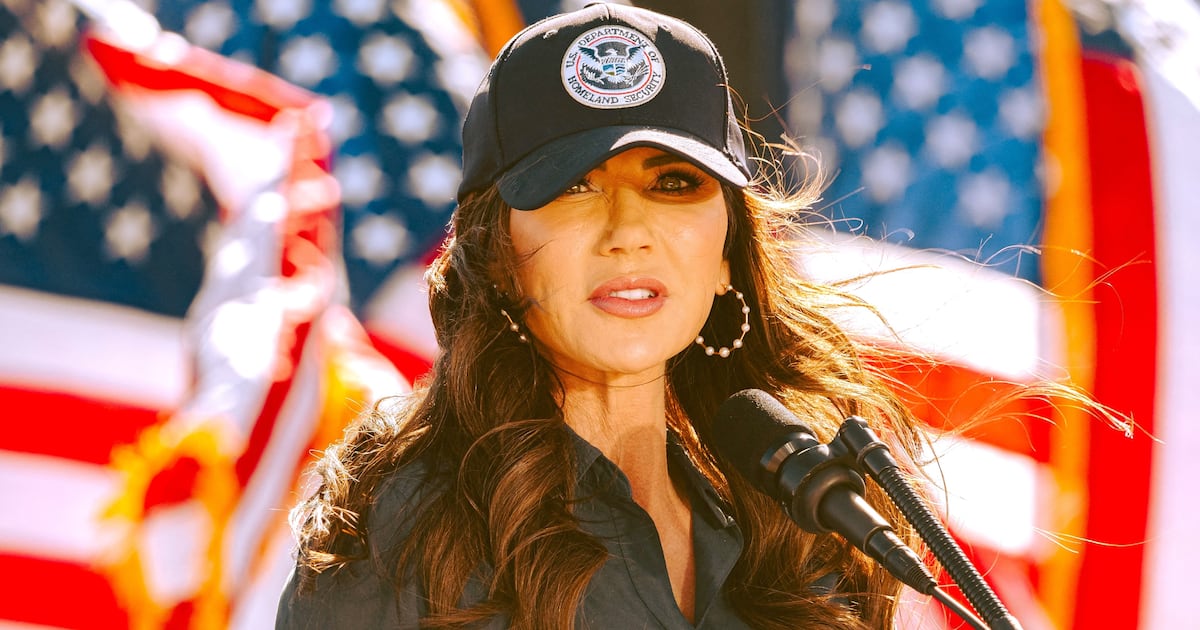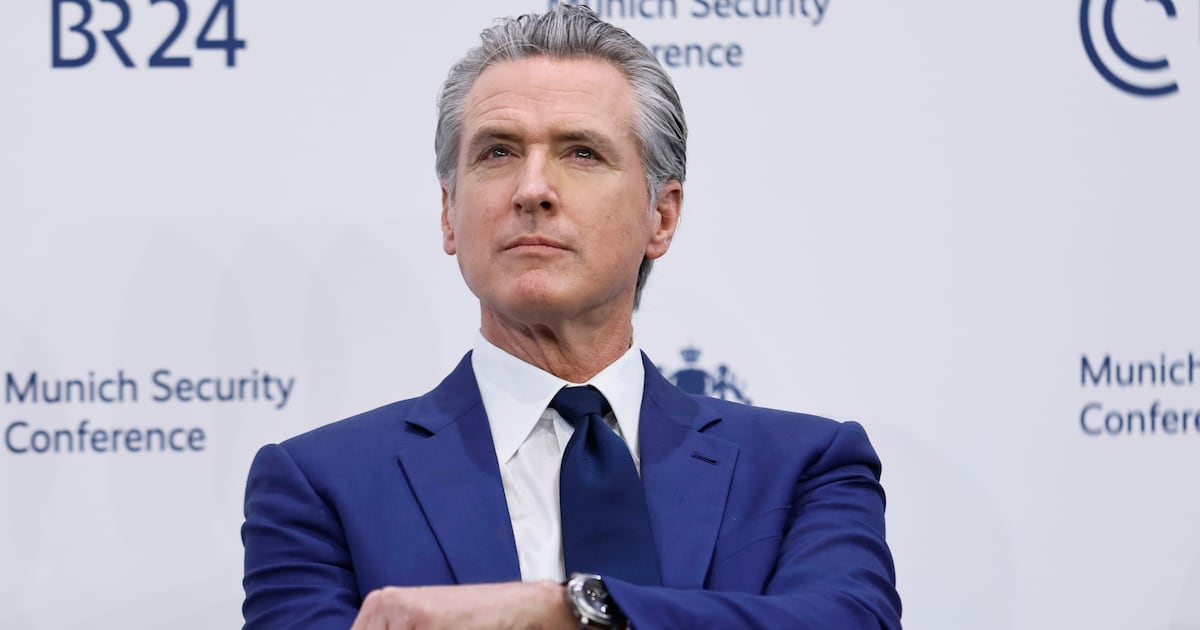On Wednesday night, the conflict in Syria got Barack Obama and British Prime Minister David Cameron together on the phone. During the call, it was revealed on Thursday, they touched on a subject that has featured prominently in the high-level verbal wrangling on Syria that has played out in the international community of late: the stockpiles of chemical weapons in the possession of the regime. After the call, Cameron’s office gave word that he had adopted a stance backing the one put forward by Obama at the start of the week—that the issue of chemical weapons constitutes “a red line,” in Obama’s words.

“Both agreed that the use—or threat—of chemical weapons was completely unacceptable and would force them to revisit their approach so far,” a Cameron spokesperson said.
On Friday, a Russian foreign ministry official called such talk “premature,” adding that Moscow had received a “guarantee” from the Syrian government that the chemical weapons would not be used. Syria’s foreign minister, meanwhile, took to Sky News to warn its international rivals that intervention in the country would not be “a picnic.”
Many rebel leaders have been clamoring for international intervention from the start of their fight to overthrow Syrian President Bashar al-Assad. Amid all the talk, however, some questioned why the subject of chemical weapons had come to the foreground now—and why it was there that the international community had decided to draw the line.
Though the Assad regime publicly acknowledged its chemical weapons stockpiles last month, it has long been suspected of having them. “They’ve known about this for a long time,” said Ahmed Kassem, an official with the Free Syrian Army, the main coalition of rebel fighters. “If they wanted security in the area they would have acted on their chemical weapons concerns a long time ago, not now. They wouldn’t have waited for the revolution.”
“I think they’re confusing red with green,” Kassem added on the subject of red lines.
Gen. Mustafa Sheikh, the head of the FSA military council, said the regime is already in the midst of a surprisingly brutal crackdown as it fights to retain power. “They’ve used heavy artillery. They’ve used fighter jets. They’ve bombed entire areas,” he said. “The only thing the regime didn’t use yet is chemical weapons.”
In his remarks on Monday, Obama said America’s concerns over chemical weapons weren’t limited to their being used by the regime—as the muddled conflict continues to drag out, he also expressed concern over the weapons “falling into the hands of the wrong people.” Though he gave no evidence of an increased threat, meanwhile, he hinted that the Assad regime may become more dangerous as it faces a possible end. Sheikh expressed similar concerns. “Assad might use chemical weapons if he thinks everything is falling apart,” he said.
As violence continues to spiral in Syria—activists are reporting shelling now in the suburbs of Damascus, the capital, while the regime continues to bombard Aleppo, Syria’s largest city and commercial center—the United Nations refugee agency announced on Friday that that the number of refugees from the conflict has surged to more than 200,000—jumping by about 30,000 in just the last week.
One Istanbul-based opposition activist said he thought the seeming escalation of the crackdown might signal that the regime was fading fast, and looking to inflict as much damage as possible on its way out the door. But a well-to-do couple who fled to Turkey from Aleppo this week seemed to have little hope that the situation was about to change—they asked not to be named because they suspected they might have to resume their lives under Assad one day. “At this point, we don’t care if they use chemical weapons,” the woman, who gave the nickname Um Mohamed, said darkly. “It might even be better, because people might do something.”

